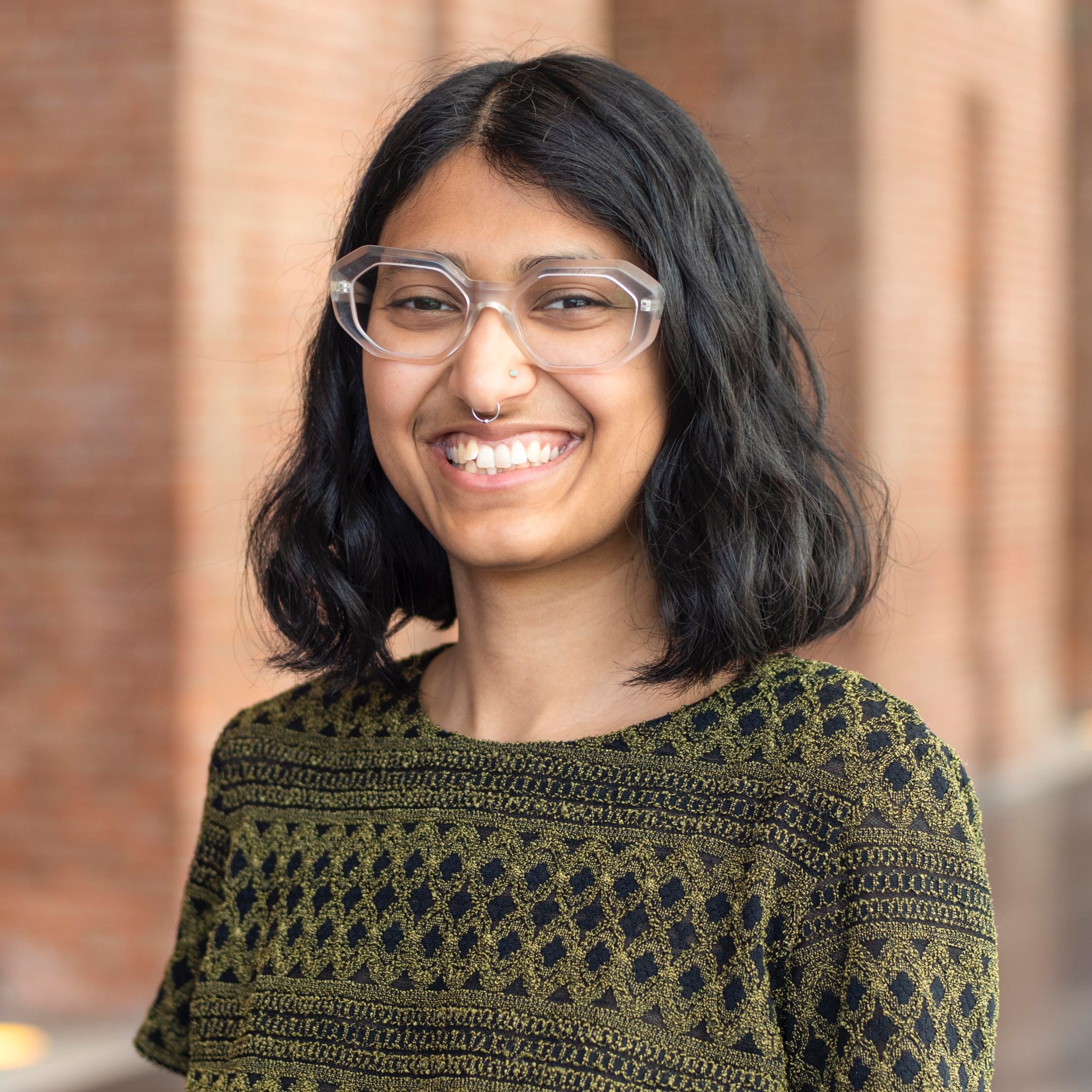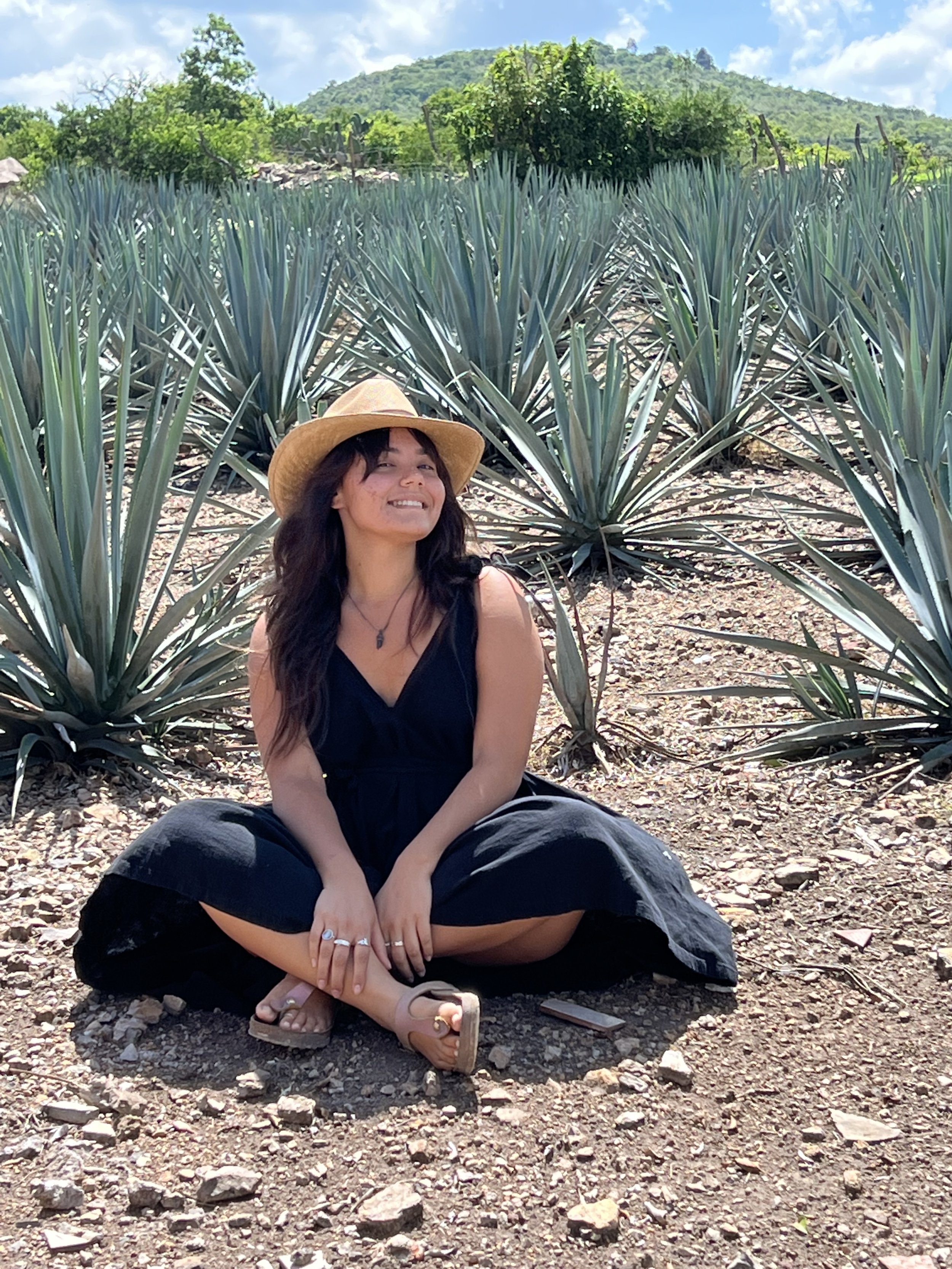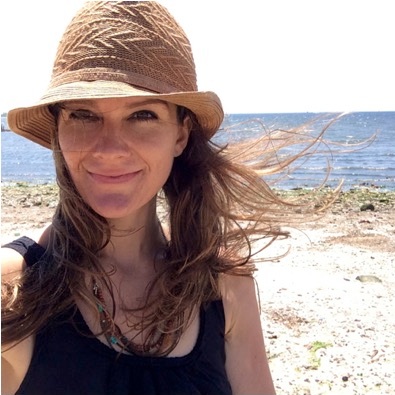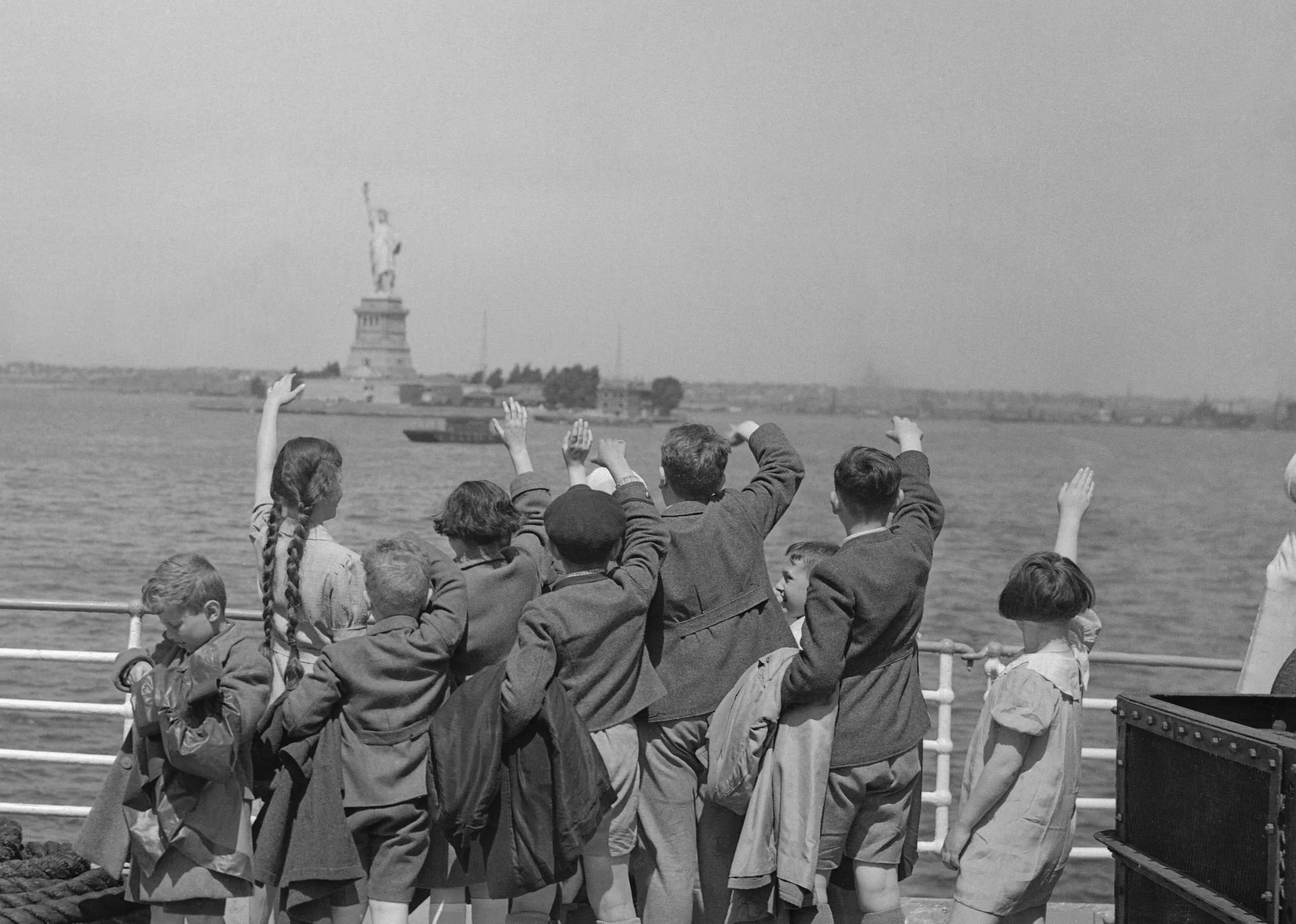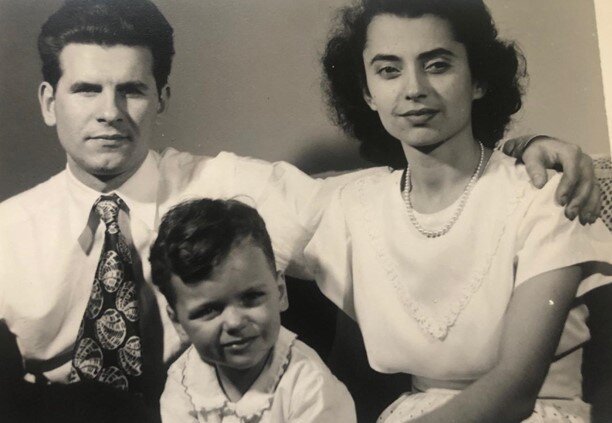Announced in November of 2015, the Jeffrey H. Brodsky Oral History Award is given to one or more students annually whose thesis makes an important contribution to knowledge, and most exemplifies the rigor, creativity, and ethical integrity that OHMA teaches its students. The cash award is supported by a generous donation from the family of OHMA alumnus Jeffrey Brodsky. Candidates are considered based on nominations from the thesis advisors, and the winner is selected by a committee made up of Incite Director and OHMA Co-Founder Peter Bearman, OHMA Interim Director Nyssa Chow, and the last recipient, Bronte Gosper.
In July 2023, Jeffrey H. Brodsky passed away at age 49 after battling Parkinson’s disease for the past decade. Jeffrey Brodsky’s thesis and more recent oral history work exemplified the rigorous intellectual values and creative skills that OHMA teaches its students. The Jeffrey H. Brodsky Oral History Award will continue to pass on those values as it awards students for innovative and outstanding research.
2024 Jeffrey H. Brodsky Oral History Award Winner
2024 Jeffrey H. Brodsky Oral History Award Winner
This year’s Brodsky Award winner is Ariel Urim Chung for her thesis Eating Asian: Listening to Asiatic Femininity in the Kitchen.
Our listening practices are ideological—this critical assertion in Chung’s thesis anchors both the theoretical investigations in Chung’s work and the evolution of oral history listening practice that her methodology represents. Chung introduces a critical new intentionality to our work as oral historians and the oral history field. While oral history scholarship has focused extensively on the relationship between interviewer and narrator, particularly on the significance of subjectivity and intersubjectivity, an understudied aspect of our work is the significance of “listening practices.”
Thinking with Baik’s decolonizing praxis, Stoever’s theories on the subjectivity of listening in terms of race and ethnicity, and Robinson’s theories on critical listening positionality, Chung develops a methodology that encourages a collaborative way to work with the narrator, inviting them to consider the audience and how agency can be employed in creating their own narrative depending on who is listening. Hers is a practice that thinks intentionally about the “listener” and centers her significance as a third interlocutor. Through her theoretical interrogation and its enactments through interview practices developed in The Kitchen Project and her participatory art installation, You are (not) Invited, Chung contemplates the embodied experiences of diasporic Asian mothers, daughters, and non-binary children and their relationship to food and maternal figures. Chung’s work models ways to utilize the possibilities of a relational practice with sound as a medium that reassesses the power balance of the interlocutors of oral history.
This year, the Oral History Masters Program is also proud to award an Honorable Mention to Auriana A. E. W. Woods for her thesis Heirloom: A Family Archive.
Wood’s thesis chronicles what it means to collect and archive erased and abandoned histories, to look within and beyond silences, and elucidates oral history's role in preserving our lives, personhood, and complexities. The transformative potential of this work is held in her central question, "What would happen if we were to collectively realize the rich, real, and incredibly human history that each of our family trees possess?" Wood’s thesis is a compelling model of how the work of Saidiya Hartman, Tiya Miles, and Christina Sharpe’s theories of Wake Work can apply to the field of oral history by relating her work with her family to a legacy of contemporary black archivists and historians. Woods takes Wake Work as a methodological beginning, enacting care as archival practice and engaging in the slow, deliberate work of tracing relations along lineages of family and “the past that is not yet past” (Sharpe), and giving us a wide historical perspective with which to understand archival silences and gaps.
Woods's thesis is a product of a seven-year intimate journey of re-memory, employing oral history to trace the ‘afterlife of slavery’ — the ‘present continuous’ of history’. As Woods states in her thesis, “my family always has and continues to live in the wake.” Woods chose to close the archive to the wider public, curating it instead for an audience of family—present and future—building an infrastructure that ensured that it would be passed on from generation to generation in their family. In the words of her Thesis Advisor, Sayre Quevedo, “In addition to constructing a portrait of someone whose absence has spurred the very work Wood’s is developing, she creates a roadmap for future contributions from her family -- giving them permission and language and a template to read between and create from those silences themselves. As Woods states in her thesis, “As the “still unfolding aftermath of my family’s history continues to bear itself, it was a starting imperative for this website to be of service for us; it needed to be for us, and for us alone.” We wish to honor the potential for oral history practice that this work represents; this rigorous methodology puts theory into practice and invites us to consider the significance and potential of opacity in archival practices that center care and community.
Please join us in congratulating our winners!



